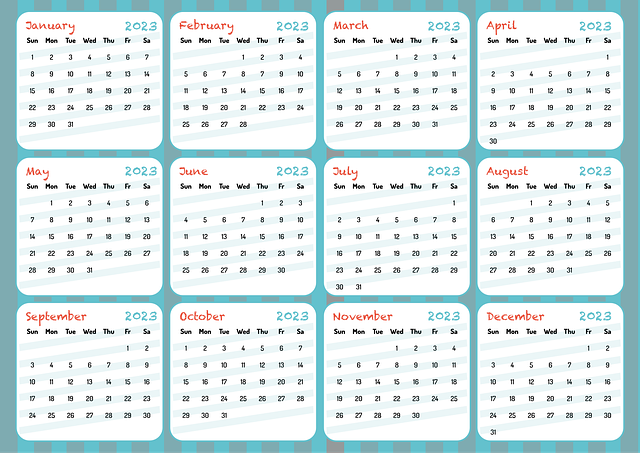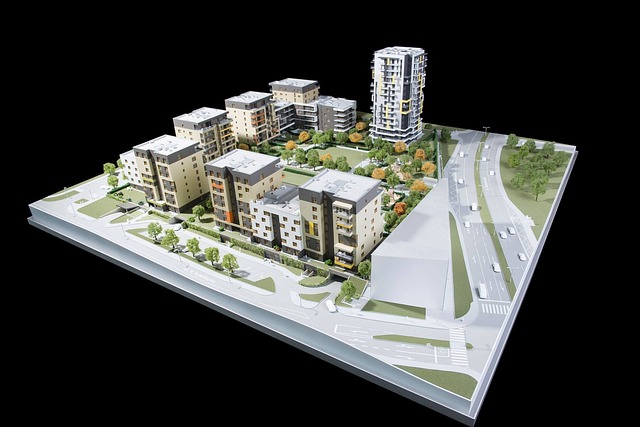Event planning for local businesses requires setting clear goals like boosting brand awareness or generating leads, and understanding target audiences such as business owners, professionals, or industry experts. Customizing the event experience through venue selection, structured networking activities, and tailored promotional strategies ensures higher engagement. By focusing on community challenges and opportunities, organizers create events that deliver tangible results, fostering connection, collaboration, and growth for all stakeholders.
Networking events are crucial for local businesses looking to thrive in today’s competitive landscape. Efficient planning ensures these gatherings not only attract your target audience but also foster meaningful connections. This guide navigates the process, from setting clear goals and defining your ideal attendees to crafting a compelling agenda and engaging activities that stimulate interaction. We’ll explore logistics, promotion, and metrics for measuring success, empowering local businesses to maximize their event planning efforts.
- Setting Clear Goals and Defining Your Target Audience
- – Understanding the purpose of the event
- – Identifying key objectives for networking
Setting Clear Goals and Defining Your Target Audience

When planning networking events for local businesses, setting clear goals is paramount. Define what success looks like – whether it’s increasing brand awareness, establishing new partnerships, or generating leads. This clarity will guide every decision from venue selection to promotional strategies. Knowing your target audience is equally vital. Tailor your event to the specific needs and interests of local business owners, professionals, or industry experts. Customizing the experience ensures higher engagement and more meaningful connections.
For event planning, consider the unique challenges and opportunities presented by the local business community. Focus on creating an environment that encourages open dialogue and collaboration. Whether it’s through structured networking activities, breakout sessions, or casual social settings, design an agenda that facilitates genuine interactions. By setting specific goals and understanding your audience, you can create a networking event that delivers tangible results for both participants and the local business ecosystem.
– Understanding the purpose of the event

Networking events are a vital part of Event Planning for Local Businesses, offering unique opportunities for connection and collaboration. Before diving into logistics, it’s crucial to grasp the core purpose of the gathering. Whether it’s facilitating partnerships, attracting new clients, or sharing industry insights, understanding this goal will shape every decision from venue selection to promotional strategies.
A well-defined objective ensures that the event flows smoothly and engages the target audience effectively. For instance, if the aim is to foster local business collaborations, activities focusing on interactive discussions and breakout sessions could be more beneficial than a traditional lecture format. This tailored approach not only captivates attendees but also maximizes the potential for meaningful connections, ultimately enhancing the event’s success and impact in the local business community.
– Identifying key objectives for networking

When planning a networking event for local businesses, defining clear objectives is the cornerstone of success. Before sending out invitations or designing the venue layout, organizers should ask themselves what they want to achieve. Is it to foster partnerships between complementary services, increase brand awareness among peers, or attract new clients? Setting specific goals ensures every aspect of the event contributes to a meaningful experience for attendees, making it invaluable for both personal and professional growth.
Event planners can tailor their strategies accordingly by prioritizing objectives like facilitating meaningful connections, generating leads, or showcasing unique business offerings. These targeted goals create a structured framework for the entire planning process, from determining the guest list to choosing interactive activities that encourage engagement. Ultimately, identifying key objectives transforms an ordinary gathering into a dynamic platform where local businesses can thrive through strategic networking.
Efficient networking events are a powerful tool for local businesses to foster connections and achieve growth. By setting clear goals, defining target audiences, and implementing strategic planning, business owners can create meaningful interactions that lead to new partnerships and opportunities. Incorporating these principles into event design ensures a successful outcome, enabling local enterprises to thrive in a competitive market. For optimal results in event planning for local businesses, staying focused on targeted objectives is key.



